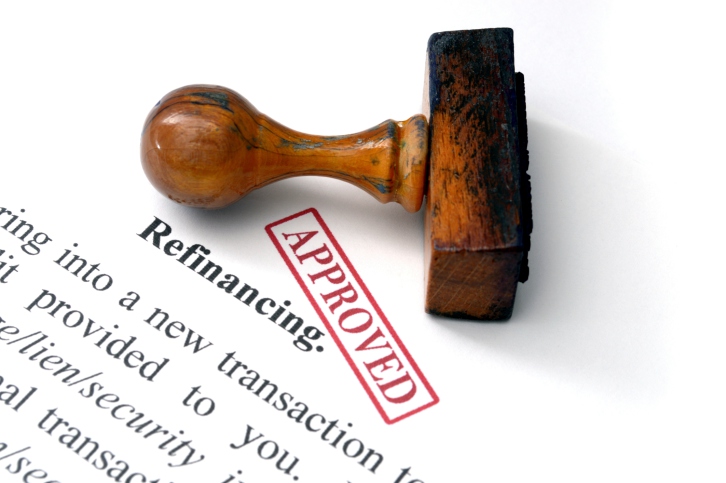How Your Home Equity Can Help You Reach Your Retirement Goals
 If you plan on retiring soon, you are probably looking at a few options that can get you over the hump. You are probably excited to start a new phase of life. With a record number of people closing in on their retirement age, many are starting to assess their resources to make sure they have enough money to last them for the rest of their lives. If you already own a home, you might be able to tap into your home equity to help you fuel your retirement.
If you plan on retiring soon, you are probably looking at a few options that can get you over the hump. You are probably excited to start a new phase of life. With a record number of people closing in on their retirement age, many are starting to assess their resources to make sure they have enough money to last them for the rest of their lives. If you already own a home, you might be able to tap into your home equity to help you fuel your retirement.
Your Home Has Probably Gone Up In Value
Your house is an investment and now is your opportunity to capitalize on that investment. There is a great chance that the value of your home has significantly increased since you first bought it. Furthermore, if you have been in your house for a long time, your mortgage may have been completely paid off. This means that just about all of your home’s value could be yours to keep. Your house could be worth hundreds of thousands of dollars, which you can put towards your retirement.
How To Use Your Home Equity For Your Retirement
Of course, you still need a place to live, but there are ways for you to tap into your home equity for your retirement. If you have children who have already moved out, you might be ready to downsize. As a result, you could sell your house and use the cash from the sale of your house to purchase a smaller home. Then, you can use the money left over to fund your retirement. It might not be enough to cover your retirement completely, but it could be enough to get you over the hump if you are wondering when you can retire.
Consider The Implications Of Selling Your Home
When you sell your home, there is a chance that you may have to pay taxes on the capital gains stemming from the value of your home. On the other hand, you might be able to shield some of those gains if you use the money to buy another house quickly. You should reach out to a professional who can help you understand the tax implications of selling your home.

 If you are thinking about refinancing your home in the near future, you probably know that this is a great way to shorten the term of your mortgage while also saving money. At the same time, refinancing your home does not come without risks. Take a look at some of the top things you should do and what to avoid before you go through the refinancing process.
If you are thinking about refinancing your home in the near future, you probably know that this is a great way to shorten the term of your mortgage while also saving money. At the same time, refinancing your home does not come without risks. Take a look at some of the top things you should do and what to avoid before you go through the refinancing process. Many people dream of retiring one day, and there are numerous assets that contribute to that retirement goal. Social security, pension plans, and savings accounts have traditionally provided assets people use to enjoy their retirement; however, this traditional plan ignores one of the most valuable assets. Owning a home can contribute significantly to someone’s retirement goals; however, it is important to have a firm plan in place to make those retirement dreams come true. There are several ways a home can play an important role in that plan.
Many people dream of retiring one day, and there are numerous assets that contribute to that retirement goal. Social security, pension plans, and savings accounts have traditionally provided assets people use to enjoy their retirement; however, this traditional plan ignores one of the most valuable assets. Owning a home can contribute significantly to someone’s retirement goals; however, it is important to have a firm plan in place to make those retirement dreams come true. There are several ways a home can play an important role in that plan.  Anyone who has paid attention to the TV recently has likely seen a lot of commercials for something called a reverse mortgage. For those who might not know, a reverse mortgage is exactly that. In this option, people receive monthly payments from a lender in exchange for equity in their homes. In essence, this functions as an annuity.
Anyone who has paid attention to the TV recently has likely seen a lot of commercials for something called a reverse mortgage. For those who might not know, a reverse mortgage is exactly that. In this option, people receive monthly payments from a lender in exchange for equity in their homes. In essence, this functions as an annuity. Most people can’t pay for a home outright, so they finance it with a mortgage loan. 30-year mortgages are more conventional, but they also come with a significant interest price tag.
Most people can’t pay for a home outright, so they finance it with a mortgage loan. 30-year mortgages are more conventional, but they also come with a significant interest price tag.